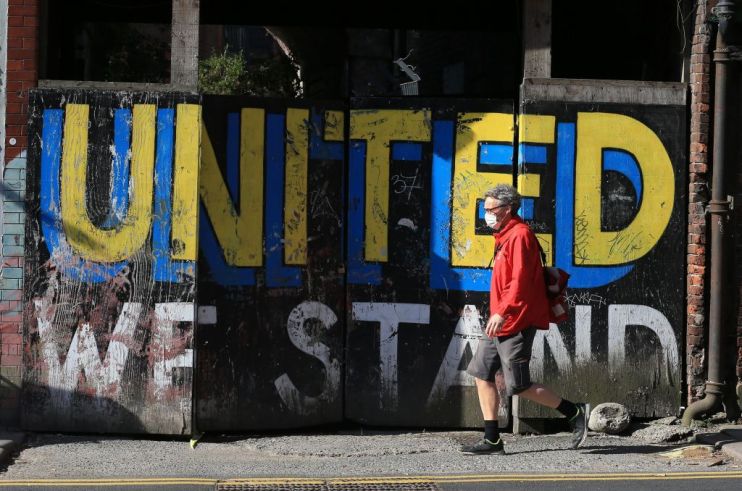UK unemployment to hit 10 per cent as furlough scheme ends, says report

UK unemployment is set to rise to 10 per cent by the end of the year after the government made the “mistake” of winding down the job retention scheme, a respected economic forecaster has predicted.
The National Institute of Economic and Social Research (Niesr) also said the UK economy would take three years to return to its 2019 size. It predicted GDP would fall by an enormous 10 per cent this year and grow six per cent in 2021.
Niesr praised the government’s job retention scheme as an “undeniable success”. Under the programme, the state pays 80 per cent of the wages of workers who may otherwise have been laid off.
As the economy reopens, however, the government is winding down the scheme. It is gradually making it less generous before closing it completely in October.
Niesr has been one of the harshest critics of the move. The institute’s deputy director Garry Young today said: “The planned closure of the furlough seems to be a mistake, motivated by an understandable desire to limit spending.”
“There is a risk that it is coming to an end prematurely and this increases the probability of economic scarring.”
UK unemployment could hit more than 3m
The institute said it expected unemployment to grow to 9.8 per cent this year. That would put more than 3m people out of work according to a similar estimate by the Office for Budget Responsibility (OBR).
Unemployment then “recedes as the recovery gathers speed in 2021,” Niesr said. It is set to be 6.4 per cent by the final quarter of 2021. That is well above the 3.8 per cent level of the end of 2019.
Young criticised the job retention bonus, which is intended to ease the pain of the scheme ending. It will pay firms £1,000 for each furloughed staff member they bring back.
“The incentives offered to employers by the job retention bonus look too small to be effective given the uncertainty about the economic outlook,” he said. Young said the one-off payment of £1,000 per employee compares to an average wage of £530 per week.
Estimates of the path of the UK economy this year have varied significantly. This reflects the huge uncertainty about employment, investment and the virus itself.
The OBR’s “central scenario” said the economy is likely to shrink 12.4 per cent in 2020. It would then grow 8.7 per cent in 2021 and recover its pre-coronavirus size by the end of 2022.